
Muddy Waters (1913–1983) was an American blues artist who is considered a pioneer of the electric Chicago blues and a major influence on the development of blues and rock music. He popularized several early Delta blues songs, such as "Rollin' and Tumblin'", "Walkin' Blues", and "Baby, Please Don't Go", and recorded songs that went on to become blues standards, including "Hoochie Coochie Man", "Mannish Boy", and "Got My Mojo Working". During his recording career from 1941 to 1981, he recorded primarily for two record companies, Aristocrat/Chess and Blue Sky; they issued 62 singles and 13 studio albums.
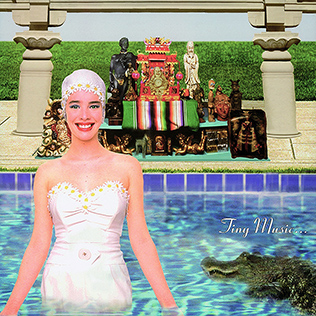
Tiny Music... Songs from the Vatican Gift Shop is the third studio album by the American rock band Stone Temple Pilots, released on March 26, 1996, through Atlantic Records. After a brief hiatus throughout 1995, the band regrouped to record the album together at Westerly Ranch in Santa Ynez, California, where they also lived at the time. Like all of the band's albums up to that point, production was handled by Brendan O'Brien.

ABBA: The Album is the fifth studio album by the Swedish pop group ABBA. It was released in Scandinavia on 12 December 1977 through Polar Music, but due to the massive pre-orders the UK pressing plants were not able to press sufficient copies before Christmas 1977 and so it was not released in the UK until January 1978. The album was released in conjunction with ABBA: The Movie, with several of the songs featured in the film. Altogether the album contains nine songs.

Voulez-Vous is the sixth studio album by the Swedish supergroup ABBA. Released on 23 April 1979, the album yielded five hits, all of them big 1979 singles in Britain – "Chiquitita", "Does Your Mother Know", "I Have a Dream" and the double A-side "Voulez-Vous"/"Angeleyes".
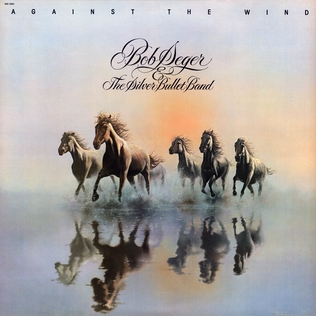
Against the Wind is the eleventh studio album by American rock singer Bob Seger and his third which credits the Silver Bullet Band. Like many of his albums, about half of the tracks feature the Muscle Shoals Rhythm Section as backing musicians. It was released in February 1980. It is Seger's only number-one album to date, spending six weeks at the top of the Billboard Top LPs chart, knocking Pink Floyd's The Wall from the top spot. Seger said that the album "is about trying to move ahead, keeping your sanity and integrity at the same time."
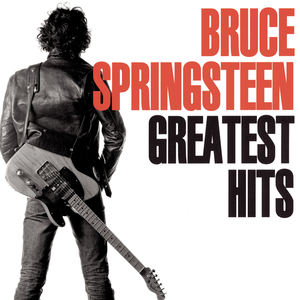
Greatest Hits is the first compilation album by the American singer-songwriter Bruce Springsteen, released February 27, 1995, on Columbia Records. It is a collection of some of Springsteen's hit singles and popular album tracks through the years along with four new songs at the end, mostly recorded with the E Street Band in 1995. The latter constituted Springsteen's first release with his backing band since the late 1980s. Some of the songs are shorter versions of the original album releases.

Crossroads is a 1988 music collection box set of the work of Eric Clapton released by Polydor Records. The set includes his work with the Yardbirds, John Mayall & the Bluesbreakers, Cream, Blind Faith, Delaney & Bonnie & Friends and Derek and the Dominos, as well as his solo career.
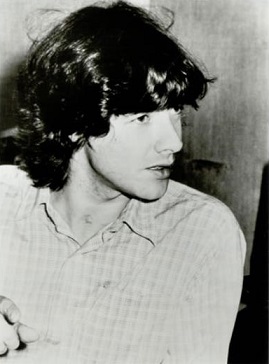
Duncan John Browne was an English singer-songwriter and musician. His debut album, Give Me Take You, was released by Immediate Records in 1968. Its 1973 follow-up, Duncan Browne, spawned a minor UK hit single "Journey" and has garnered cult status among fans of 1970s folk rock. Browne formed the art rock band Metro with Peter Godwin and Sean Lyons in 1976, before resuming his solo career.
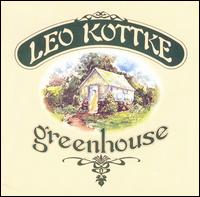
Greenhouse is American guitarist Leo Kottke's fifth album, his second on the Capitol label, released in 1972. It was recorded in three days. From the liner notes: "In the sense that my guitars were once plants, this record's a greenhouse.” There are seven instrumentals and four vocals. It reached No. 127 on the Billboard 200 chart.

Ginger Baker's Air Force is the debut album by Ginger Baker's Air Force, released in 1970. This album is a recording of a sold-out live show at the Royal Albert Hall, on 15 January 1970, with the original 10-piece line up. The gatefold LP cover was designed left-handed, i.e., the front cover artwork was on what traditionally would be considered the back and vice versa.

Taj Mahal is the debut album by American guitarist and vocalist Taj Mahal. Recorded in 1967, it contains blues songs by Sleepy John Estes, Robert Johnson, and Sonny Boy Williamson II reworked in contemporary blues- and folk-rock styles. Also included is Taj Mahal's adaptation of Blind Willie McTell's "Statesboro Blues", which inspired the popular Allman Brothers Band recording.

Hard Times for Lovers is the twelfth studio album by American singer and songwriter Judy Collins, released by Elektra Records in 1979.

Humans is the tenth full-length album by Canadian singer/songwriter Bruce Cockburn. Humans was released in 1980 by True North Records.
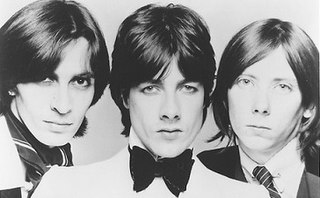
Metro were an English rock band, featuring Peter Godwin, Duncan Browne and Sean Lyons (guitar). The band is best known for their song "Criminal World", which was covered by David Bowie on his 1983 album, Let's Dance.

Metro is the debut studio album by English rock band Metro. Recorded in 1976, it was released in 1977 through Transatlantic and Sire Records. It is the band's only album to feature both of the core members, Peter Godwin and Duncan Browne, due to the latter's departure in 1978.

Duncan Browne is the self-titled second studio album by English singer-songwriter and musician Duncan Browne, released in 1973 through Mickie Most's Rak Records. Stylistically, the album is a continuation of Browne's folk-indebted debut album, Give Me Take You (1968), and features progressive rock and electronic music elements.
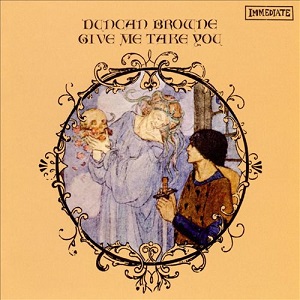
Give Me Take You is the debut studio album by English singer-songwriter and musician Duncan Browne. It was released in 1968 through Andrew Loog Oldham's Immediate Records. On the record, Browne employs a folk music sound that is informed by rock, pop, and classical elements, with baroque-inspired arrangements. The album spawned the single, "On the Bombsite," which failed to chart.

Streets of Fire is the fourth studio album by English singer-songwriter and musician Duncan Browne. It was released in 1978 through Logo and Sire Records. The album features contributions from saxophone player Dick Morrissey, as well as previous contributors Tony Hymas and John Giblin. The record retains Browne's distinguishable art rock influences while muting and subsuming the progressive rock elements of the preceding record, The Wild Places (1978), to its synthesizer work.

Score is the debut album by American recording artist Carol Lloyd, released on December 31, 1979, through Casablanca Records and Earmarc Records. Following Lloyd's signing with Earmarc, a new label division of Casablanca, she began recording material for the record throughout the latter half of 1979. A disco album, Score was one of the first projects to be released from the label, which specialized solely in disco music. All six of the tracks on the record were produced by Michael Forte and Bruce Weeden, with the former individual also contributing lyrics to four of the aforementioned songs.

The Original Disco Duck is the debut album by American DJ Rick Dees, released in 1977, and includes the hit single "Disco Duck".




















